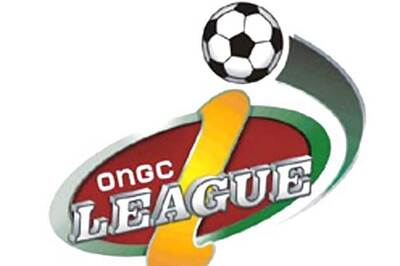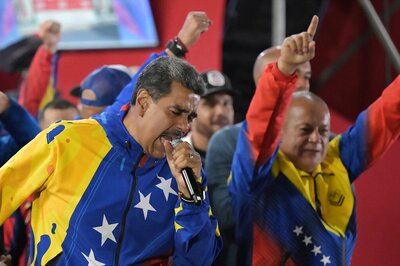
views
window._taboola = window._taboola || [];_taboola.push({mode: 'thumbnails-a', container: 'taboola-below-article-thumbnails', placement: 'Below Article Thumbnails', target_type: 'mix' });Latest News
Despite the grumbling by some writers, Mysore Urban Development Authority (MUDA) has decided to go ahead with the project of converting English writer R K Narayan’s house into a memorial.
MUDA Commissioner C G Betsurmath said that the state government has directed the Mysore City Corporation (MCC) to release its share of Rs 2.39 crore to start the work.
MUDA has set aside Rs 2 crore in its budget for the purpose. On the opposition, he said they would just go by the government’s direction.
Meanwhile, writers are divided over the issue. Some Kannada writers are against the memorial as they feel that Narayan had no love for Kannada. Writer and critic G H Nayak said personally he was not in favour of memorials. “Spending public money on memorials sounds romantic. Though the English writer lived in the city, he was never in touch with local people nor did he learn Kannada. Hence, there is no meaning in building a memorial in his name.”
Kannada writer and retired English professor K S Bhagavan said the houses of many of famed Kannada writers like Masti Venkatesh Iyengar, D R Bendre, Kuvempu and others are still to be converted into memorials and compared to them, RKN is not a big person. He became popular as he wrote in English. He did not know Kannada. Let Tamil Nadu build his memorial, he said.
Prof A S Dasan, chairman of the Department of English in University of Mysore, said authors like RKN transcend all limitations and cannot be limited to one particular region.
“Malgudi is often associated with Mysore and not Tamil Nadu culture or ethos. He is everybody’s man. It is a limited perception to say that he is not a Kannadiga,” said Prof A S Dasan.
Prof C N Srinath, director of the Dhvanyaloka, said he was surprised by the opposition to the memorial by some knowledgeable persons.
“Though he wrote in English, he was very much a Mysorean. The protest is embarrassing and intriguing. What is the logic behind it. Kannada is enriched by many non-Kannadigas like D V Gundappa, Bendre, Masti and others,” said Prof C N Srinath.

















Comments
0 comment